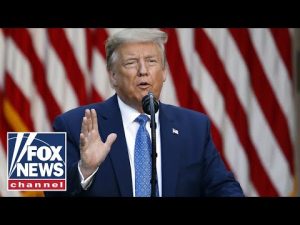In a week where global leaders gathered for the NATO summit, something unexpected, or shall we say viral, emerged. It wasn’t a new policy or an important treaty, but rather a curious comment from NATO Secretary General Mark Rutte, who affectionately dubbed President Trump as “daddy”. This amusing moniker set off a cascade of laughter at the summit, notably from Senator Marco Rubio, and sparked a tidal wave of memes and online reactions. Such was the spectacle that the Trump administration turned it into a viral sensation, employing its robustly entertaining social media playbook to full effect.
For all the laughter and memes, there was a deeper narrative hinted at during the summit. Trump addressed NATO allies like a schoolyard mediator, casting the U.S. as a necessary and stabilizing “parental” figure. His approach was both disarming and commanding, suggesting that the U.S. under his leadership was not only resurgent but ready to reaffirm its global strategic role. This did not go unnoticed on the international stage, as countries took note of America’s renewed vigor.
In the end, what started as a quip became a catalyst for a broader conversation about U.S. power and influence under Trump. The summit showcased not only diplomatic engagements but also a unique communicative approach that resonated far beyond traditional policy circles. While the world debated serious issues, America reminded everyone that a little humor goes a long way in connecting with people and making a point. Like it or not, President Trump’s foray into this territory captured attention, underscoring the enduring power of creative communication in world politics.







